The Unique Role of an End-of-Life Doula
The end of life is a deeply personal journey, yet it is often met with uncertainty, fear, and a lack of emotional and practical support. While hospice and palliative care teams provide critical medical and comfort care, there is a growing recognition of the need for non-medical support to guide individuals and families through the dying process. This is where an End-of-Life Doula (EOLD) plays a crucial role. As compassionate companions and advocates, End-of-Life Doulas offer emotional, spiritual, and logistical guidance, ensuring that an individual’s final days are filled with dignity, peace, and personal meaning.
The History and Evolution of End-of-Life Doulas
Although the role of a doula is often associated with birth, the concept of an End-of-Life Doula has been gaining recognition over the past few decades. Historically, care for the dying was a communal responsibility, with family members and neighbors offering support in home settings. However, as modern medicine advanced and more people died in hospitals or care facilities, the intimate, human-centered approach to dying diminished.
The resurgence of a more holistic approach to death care began in the 1990s, inspired in part by the hospice movement. The profession started gaining traction in the early 2000s when organizations like the International End-of-Life Doula Association (INELDA) and various certification programs, including those from the University of Vermont, established structured training for individuals looking to provide non-medical support at the end of life. Today, End-of-Life Doulas are increasingly recognized as vital members of the care team, working alongside hospice professionals, palliative care teams, and families to ensure a meaningful and dignified transition.
The Holistic Support Provided by an End-of-Life Doula
An End-of-Life Doula provides comprehensive, non-medical support extending beyond what traditional healthcare teams can offer. The doula’s role is to be a steady presence, helping individuals and their loved ones navigate this difficult time with guidance, reassurance, and a deep sense of care.
1. Emotional and Spiritual Support - Doulas offer a calming presence, helping to ease anxiety, fear, and emotional distress. They provide a safe space for individuals to express their thoughts and feelings while helping families cope with anticipatory grief.
2. Practical and Logistical Guidance- While medical professionals focus on symptom management, End-of-Life Doulas help families with the many logistical aspects of dying. From discussing end-of-life wishes to assisting with legacy projects, they ensure that personal and practical matters are thoughtfully handled.
3. Bridging the Gaps in Care - Hospice teams do incredible work, but they often have limited time to spend with each patient. End-of-life Doulas step in to fill these gaps, offering continuous, personalized care that is entirely focused on the emotional and human experience of dying.
Key Aspects That Make End-of-Life Doulas Unique
1. Personalized End-of-Life Planning- Each person has unique wishes for their final days. Whether it’s deciding where they want to be, who they want around them, or how they want their space to feel, doulas help individuals create a plan that aligns with their values and desires.
2. Legacy and Meaning-Making- Many individuals find comfort in leaving behind a legacy. An End-of-Life Doula can help facilitate storytelling, letter-writing, video recordings, or other meaningful projects that allow individuals to pass on their wisdom, love, and memories to their families.
3. Holding Space for Grief and Transition- Doulas are trained to sit with discomfort, holding space for the dying and their loved ones without trying to “fix” or minimize their experience. Whether through guided meditation, gentle touch, or simply being a quiet presence, doulas offer unwavering support during this sacred time.
4. Advocacy and Communication- Navigating the end-of-life process can be overwhelming, especially when family members struggle to communicate about difficult topics. Doulas facilitate these conversations, helping ensure that everyone is on the same page regarding care decisions, final wishes, and emotional needs.
Supporting Families and Loved Ones
The work of an End-of-Life Doula extends beyond the individual who is dying. Families often experience emotional exhaustion, confusion, and grief long before their loved one passes. Doulas provide:
Respite care and emotional support for caregivers.
Guidance in managing anticipatory grief and preparing for the loss.
Assistance in creating a peaceful and comforting environment.
By offering compassionate presence and support, doulas help families find a sense of peace and acceptance throughout the journey.
How End-of-Life Doulas Work Alongside Hospice and Medical Teams
It’s important to note that an End-of-Life Doula does not replace hospice care or medical professionals but rather enhances the support system. While hospice teams focus on pain management, medical care, and spiritual support, doulas provide continuous, personalized attention that ensures the dying person’s emotional and practical needs are met. The collaboration between doulas and medical teams leads to a more holistic, well-rounded approach to end-of-life care.
End-of-life Doulas bring a unique and invaluable presence to the dying process, ensuring that individuals and their families experience as much peace, comfort, and dignity as possible. By bridging the gaps in care, offering emotional and practical guidance, and creating a compassionate space for transition, doulas play an essential role in reshaping how we approach the end of life.
If you or a loved one are navigating this journey and would like to learn how an End-of-Life Doula can provide support, reach out for a free consultation with Calming Comfort today. You don’t have to go through this alone—gentle, compassionate guidance is available every step of the way.
Calming Comfort End-of-Life Doula provides compassionate support and guidance for individuals and families facing the final stages of life. With a focus on emotional, spiritual, and practical care, we help navigate the complexities of end-of-life planning and decision-making. Our mission is to bring peace, dignity, and comfort to every step of this journey. We serve the communities on the South Shore of Boston including Norwell, Hingham, Cohasset, Hanover, Weymouth, Pembroke, and Marshfield.
